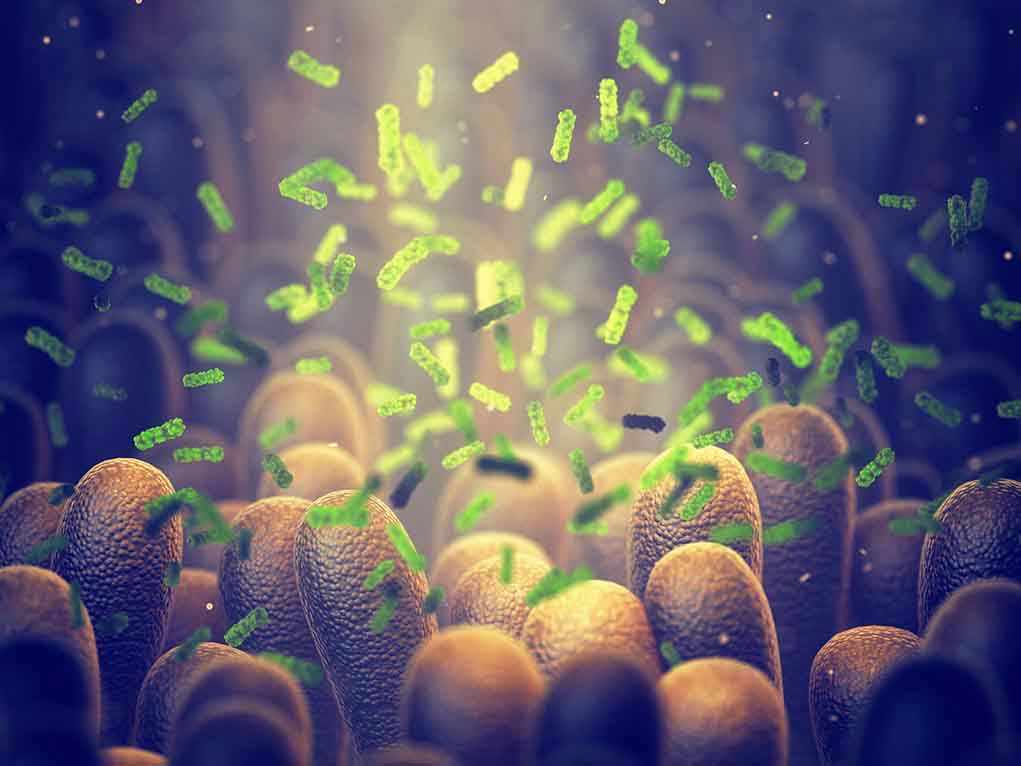
Could your gut microbes really be the puppet masters behind your sugar addiction?
At a Glance
- The gut-brain axis is a two-way biochemical communication highway between your gut and brain.
- Dr. Steven Gundry claims gut microbes can drive addictive behaviors, including sugar cravings.
- Gundry’s theories extend to food and substance addiction, sparking controversy and debate.
- While the science of the gut microbiome is promising, Gundry’s claims lack robust human evidence.
The Gut-Brain Axis: Your Body’s Internal Internet
The gut-brain axis is like the ultimate internal WiFi network, enabling your gut and brain to chat away without you even knowing. Comprising neural, hormonal, and immune pathways, this axis is crucial for regulating everything from mood to appetite. Historically, researchers focused on the brain’s dominance in addiction, but recent advances suggest our gut microbes might also be pulling some strings. Imagine your gut as a bustling metropolis of bacteria, each microbe with its own agenda, possibly even influencing your sweet tooth.
Dr. Steven Gundry has taken this idea a step further, suggesting that our gut microbes are not just chatting with our brain but might be dictating terms. Gundry, a former cardiothoracic surgeon turned nutrition guru, emphasizes the gut’s role in health and behavior. In his latest book, “The Gut-Brain Paradox,” he proposes that these microbes could be driving our cravings and addictions, extending beyond sugar to include alcohol and nicotine. But is this groundbreaking or just a sugar-coated theory?
Dr. Gundry: The Maverick of Microbes
Dr. Gundry’s journey from surgery to supplements is as fascinating as it is controversial. Leaving the scalpel behind in the early 2000s, he founded the International Heart & Lung Institute and later Gundry MD, a supplement company. His work has popularized the idea that gut health is pivotal in chronic disease and addiction, with his lectin-free diet making waves—albeit amidst a sea of skepticism. Critics argue that while Gundry is a marketing genius, his theories often stray into pseudoscience territory.
His hypothesis that gut microbes can drive addiction is a bold claim, one that many in the scientific community view with a raised eyebrow. While there’s evidence that gut bacteria influence mood and behavior—animal studies show that altering gut microbes affects dopamine pathways—translating these findings to humans is a giant leap. The gut-brain axis is widely accepted, but the extent to which it controls addiction is still a scientific mystery.
The Controversy: Science or Science Fiction?
Gundry’s theories have sparked a lively debate. On one side, some researchers acknowledge that gut microbes can impact appetite and mood, potentially influencing addictive behaviors. On the other, many nutritionists and scientists criticize Gundry’s claims as overstated, with limited human data to back them up. The American Heart Association, among others, remains unconvinced by lectin-free diets, emphasizing the need for more evidence before recommending any drastic dietary changes.
While Gundry’s approach to addiction treatment is intriguing, it’s essential to balance excitement with skepticism. His assertion that “it’s not about willpower, it’s about biochemistry” is appealing, especially to those struggling with cravings. However, the scientific community calls for more controlled human studies to validate these claims, urging consumers to be cautious about embracing unproven treatments.
What Lies Ahead: Navigating the Gut-Brain Frontier
The future of addiction treatment may well involve the gut-brain axis, but it requires a careful, evidence-based approach. Gundry’s work, while controversial, has undoubtedly fueled public interest in gut health, driving the wellness industry and supplement market forward. However, consumers should tread carefully, seeking evidence-based advice and avoiding restrictive diets or unproven supplements.
As research continues to evolve, the possibility of microbiome-focused interventions offers hope for innovative addiction treatments. Yet, it’s crucial to remain grounded in established science, ensuring that enthusiasm does not overshadow empirical evidence. The gut-brain axis is a promising field, but until more robust human data emerges, the extent of microbial control over addiction remains an open question.
Sources:











